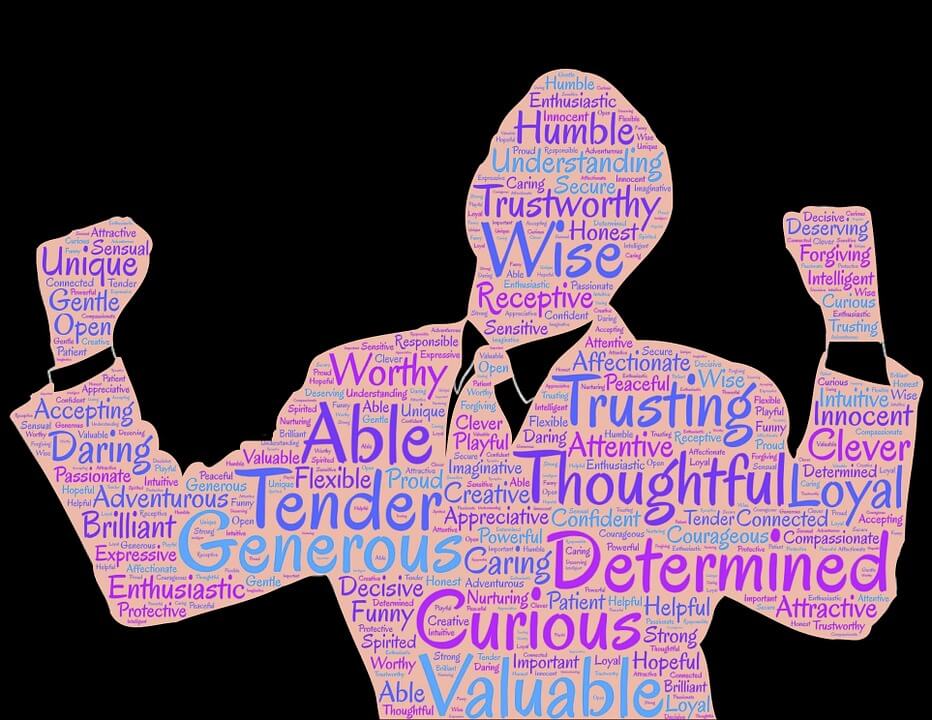How To Nail The Toughest Interview Question

The opening question in an interview is a crucial opportunity to be memorable and introduce your strongest points. Your objective is to sell yourself as the preferred candidate by showing how you solve the company’s pain points, and your response to the initial question can set the tone for the remaining 45 minutes of the discussion.
The most popular opening question for hirers is some version of “Tell me about yourself.” While this general statement is designed to be an easy way for your interviewer to get to know you before the true “interrogation” begins, it can actually be one of the most difficult questions to answer due to how open-ended and ambiguous it is.
Many job seekers underestimate the power of their response to set them up as the candidate of choice, writing it off as small talk and an insignificant part of the interview. The exact opposite is true.
This is one of the few questions where you have the bandwidth to choose any information, skills, accomplishments and assets you want to convey, and your response can influence the agenda for the rest of the meeting by introducing achievements that the interviewer hadn’t even thought of delving into. Additionally, you don’t know what questions an interviewer plans to ask and as a candidate, it is your responsibility to ensure that you communicate your candidacy thoroughly in the short time that you have. Yes, it may be unfair that the interviewer didn’t ask about your best qualities or awards and instead spent time digging into your weaknesses or talking about themselves, but it will be of little consolation when the job is offered to someone else.
So, take control of how you kick off the interview and craft a stellar response to “tell me about yourself!”
You might understandably feel somewhat at a loss as to how to answer such an open-ended statement. The broadness of “tell me about yourself” is what makes it such a challenge to answer succinctly and effectively, and as a seasoned interviewer, I’ve heard candidates talk about their childhood, hometown, pets, and even irrelevant medical history. Essentially, they’ve wasted an opportunity to set themselves up as the candidate of choice.
It’s okay to include some personal details, and in fact, this can help build a connection with the hiring manager, which is also important. However, the primary goal should be to convey your value to the employer.


First, let’s translate this question into what the interviewer is really asking: “What are the top two or three qualities, skill sets, or areas of expertise that will enable you to excel in this role and set you apart from other candidates I’ll be interviewing?” Now, that’s a lot easier to address!
Second, make sure you understand the audience and craft a response that is:
Relevant – Focus on what’s most important to the interviewer. Your answer should demonstrate your abilities, fit, and motivation to do this job.
Memorable – Think of your response as a “teaser” for further conversation. Drop in a few tangible achievements you plan to discuss in more detail later in the interview.
Relatable – Prepare what you want to say, but avoid memorizing or sounding overly rehearsed. Your goal in the interview is to relate to the hirer.
Concise – Keep your response to no more than two minutes. This sounds easy, but most candidates unknowingly ramble for four or five minutes. Time yourself when practicing beforehand.
Third, map out a structure:
Start with an engaging opening statement – As the first sentence out of your mouth, this statement should be conveyed with confidence and enthusiasm and offer a clear idea of the value and strengths you bring to the table.
Offer some brief career highlights – Pick 2 strong achievements that most relate to the job you’re applying to and that show how the work you’ve done had an impact on your field or previous employer. Measurable results are always impressive, but even if you don’t have specific numbers to convey, you can still speak to your contributions.
Relate your achievements to how they solve an employer’s key problems. It’s great that your prior work experience had an impact, now take the next step and show how you can use those same strengths to positively affect the new role. This shows the hiring manager that you’ve thought about how you can apply your skills in the new environment.
Close with why you’re excited about this particular role and company. While you may be applying to multiple employers, organizations are most interested in candidates who have a specific and logical reason for choosing their company and this particular role. Hiring managers want to make a good decision and they know that the more motivated you are to join the company, the more likely you are to contribute for the long-term.
A less common variation on this opening statement is, “Walk me through your background.” In this case, interviewers are looking for a chronological response featuring key career decision points, related accomplishments, and strong transitions. All of the same rules apply, however, the structure will take a more chronological format and your answer will be slightly longer since you may need to include a few more details.
One final way to view the “Tell me about yourself” opener is to imagine that it’s the only question you will be asked in the interview. While that’s likely not the case, keeping this thought in mind when structuring your response will help you to keep your answer professional, targeted and relevant.
Happy hunting!
“As long as you have certain desires about how it ought to be you can’t see how it is.”

CAREER ADVICE

GOV TALK




